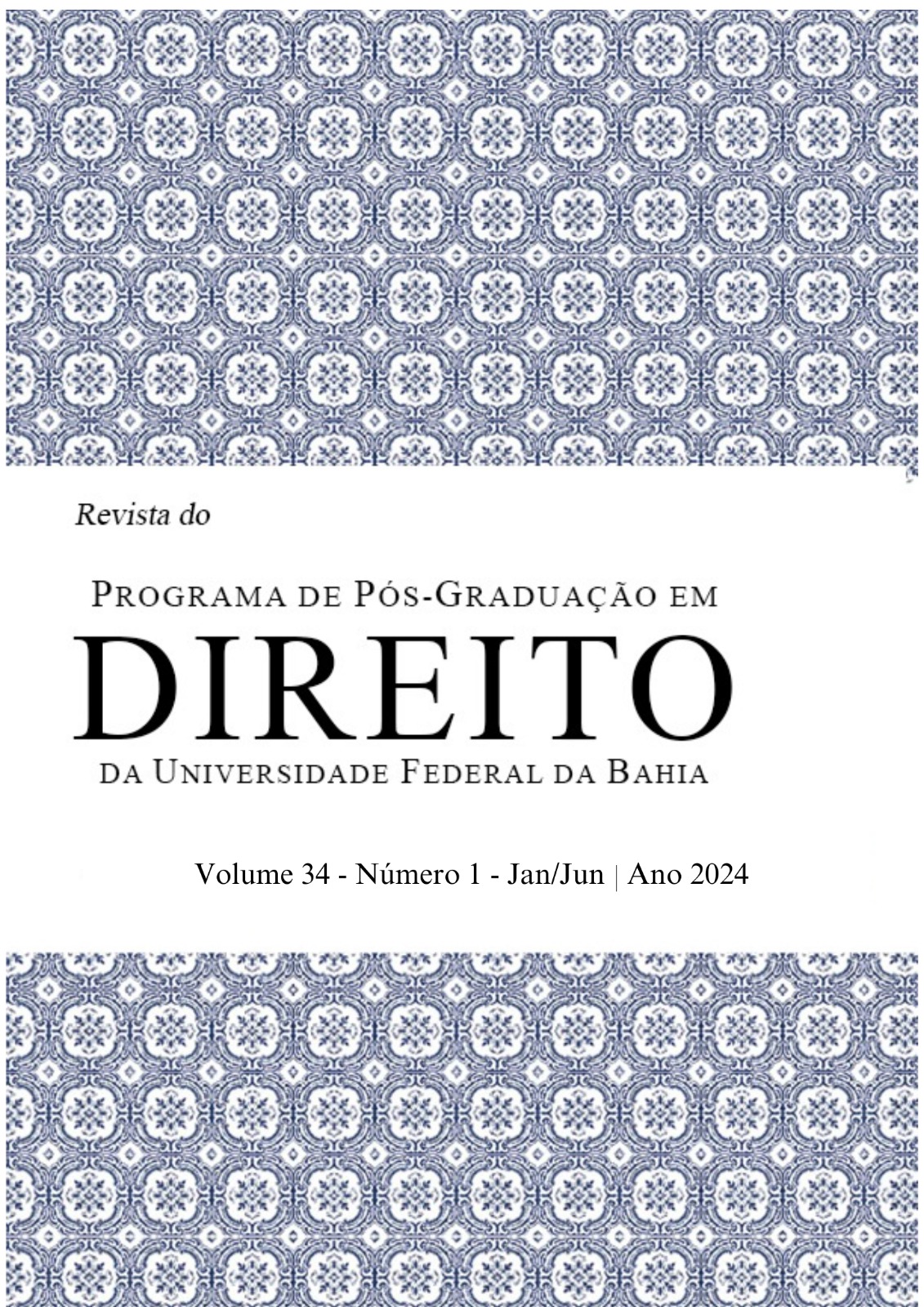ANIMALIST STATE AND MUNICIPAL LAWS
THE STRENGTHENING OF BRAZILIAN COOPERATIVE FEDERALISM
DOI:
https://doi.org/10.9771/rppgd.v34i0.61486Keywords:
Animal Law, Federalism, Normative Sources of Animal LawAbstract
With the advent of the Federal Constitution of 1988, Animal Law was consolidated in Brazil. Gradually, we can see the growth of Animal Law, which has occurred mainly through its normative sources. However, in spite of the fact that article 225, paragraph 1, item VII of the Federal Constitution prohibits bloody practices against animals, there is still no federal law that considers them as subjects of rights. In view of this, state and municipal laws have disciplined Animal Rights. In this context, this research presents the following question: Are the normative sources of Animal Law, which are essentially municipal and state, sufficient to achieve the strengthening of cooperative federalism? To this end, the research used the deductive approach method and the comparative method as a procedure. In the end, it was identified that state and municipal animalist laws have strengthened cooperative federalism, contributing to the decentralization of legislative power; However, as they are very recent, they are not yet the main basis for lawsuits that deal with animal rights.
Downloads
Downloads
Published
How to Cite
Issue
Section
License
Copyright (c) 2024 Revista do Programa de Pós-Graduação em Direito

This work is licensed under a Creative Commons Attribution-NonCommercial-NoDerivatives 4.0 International License.
1. Autores mantém os direitos autorais e concedem à revista o direito de primeira publicação, com o trabalho simultaneamente licenciado sob a Licença Creative Commons Atribuição 4.0 Internacional que permite o compartilhamentodo trabalho com reconhecimento da autoria e publicação inicial nesta revista.
2. Autores têm autorização para assumir contratos adicionais separadamente, para distribuição não-exclusiva da versão do trabalho publicada nesta revista (ex.: publicar em repositório institucional ou como capítulo de livro), com reconhecimento de autoria e publicação inicial nesta revista.
3. Autores têm permissão e são estimulados a publicar e distribuir seu trabalho online (ex.: em repositórios institucionais ou na sua página pessoal) a qualquer ponto antes ou durante o processo editorial, já que isso pode gerar alterações produtivas, bem como aumentar o impacto e a citação do trabalho publicado

